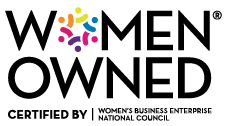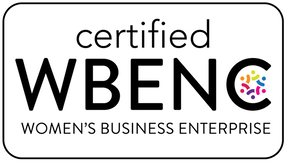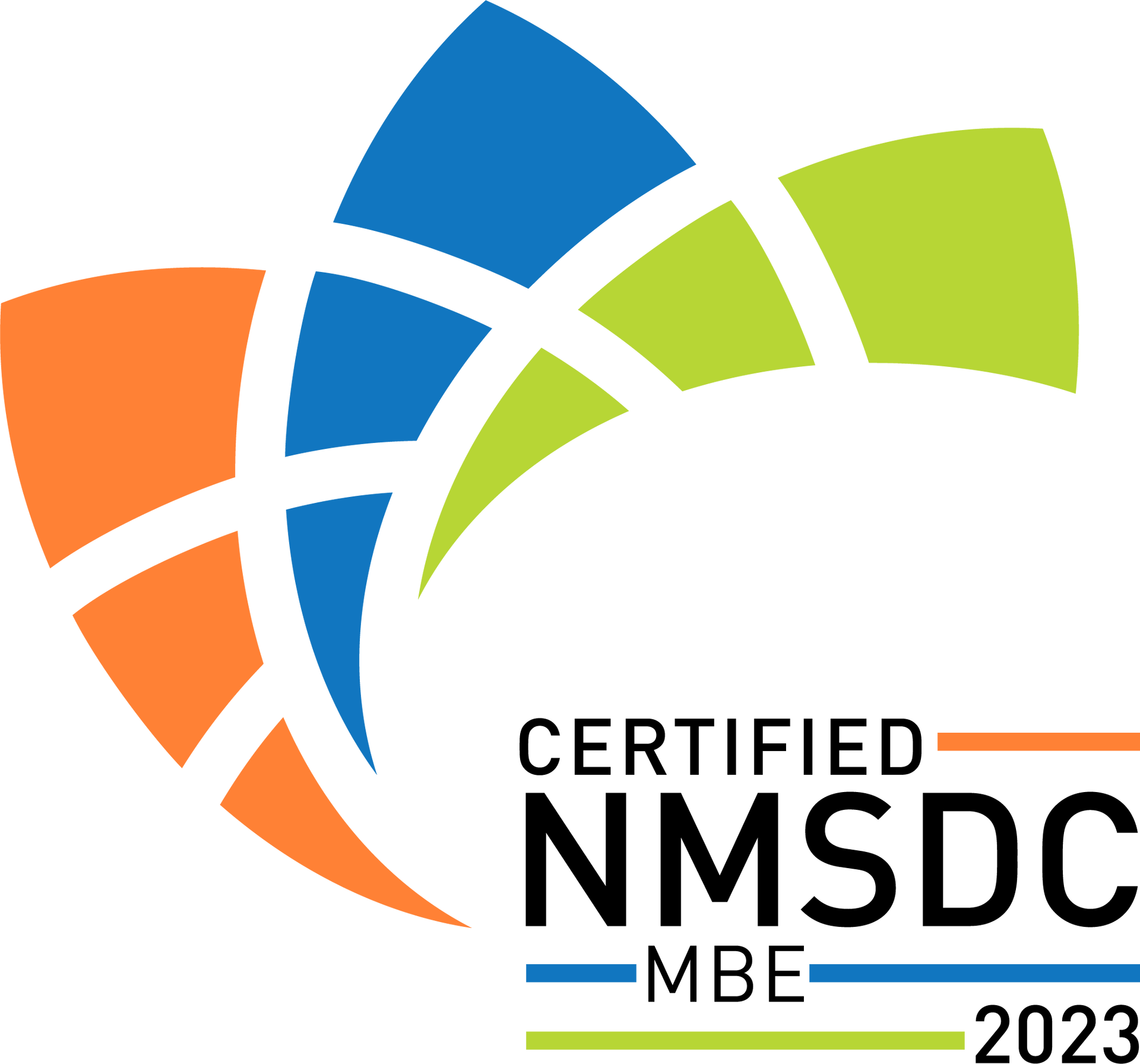DEI Doesn't Take a Break During Difficult Times
This past Monday, we celebrated and honored the life and work of Dr. Martin Luther King, Jr. In his life, we know that King’s freedom fight for equality for Black people was met with plenty of white resistance and violence; yet, he persevered. He is the architect and pioneer of what we call Diversity, Equity and Inclusion today.
For all the celebration of King’s life, though — the principles splattered and advertised all over American company websites and social media — what exactly is Corporate America doing to upend continual corporate systems, policies, hiring practices and (sadly) employee sentiments that continue to prove detrimental to the advancement of Black and Brown professionals and DEI progress? Especially with ridiculous inflation rates and an economy that is struggling right now? The answer: not much. Instead, it continues to create untenable work conditions and find excuses to lay off our Black and Brown workforce.
As a Black, female DEI Recruiter and staffing agency owner, I've seen trends suggesting that DEI is beginning to fall by the wayside as a disproportionate amount of Black and Brown professionals are being downsized, cut, and fired from their finance and technology jobs. Which I’m sure is pervasive across many U.S industries. As we already make up a small (nearly non-existent in some industries) percentage of the population at many American companies, this is tremendously disheartening to witness.
Losing a job in many Black and Brown communities is a devastating loss, as many of us care for our immediate family unit, which may consist of a spouse and children, but also might include extended family members as well (parents, grandparents, siblings, etc.). Job loss reverberations are felt for many years to come in Black and Brown communities. According to the Duke University article, Race Not Jobs Predicts Economic Outcomes For Black Families, “The racial wealth gap was already sizable prior to the Great Recession and increased during and after... During the recession, Black and Latino households lost 48 and 44 percent of their wealth, respectively, while white households lost just 26 percent.”
Upending corporate systems that create these employment disparities for Black and Brown people shouldn’t stop because of an economic downturn.
Do more. Hire more. Diversity, Equity and Inclusion actions can't take a holiday, because we all know that not only is it the right thing to do, but it also plays an essential role in the sustainability and profitability of American companies, and therefore, in our peoples' livelihoods.
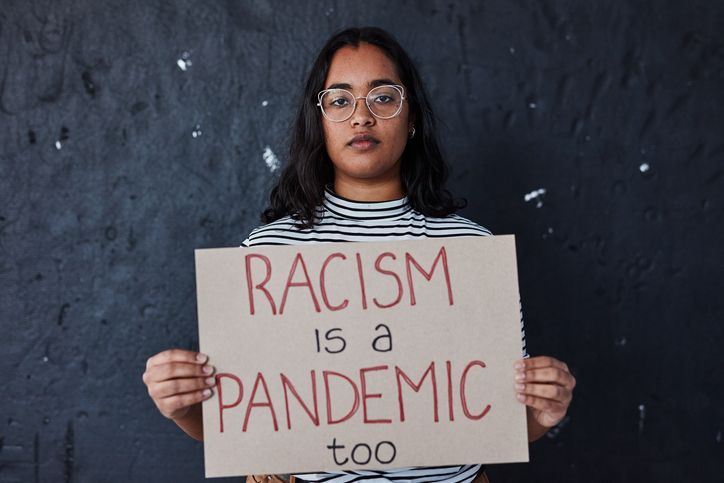
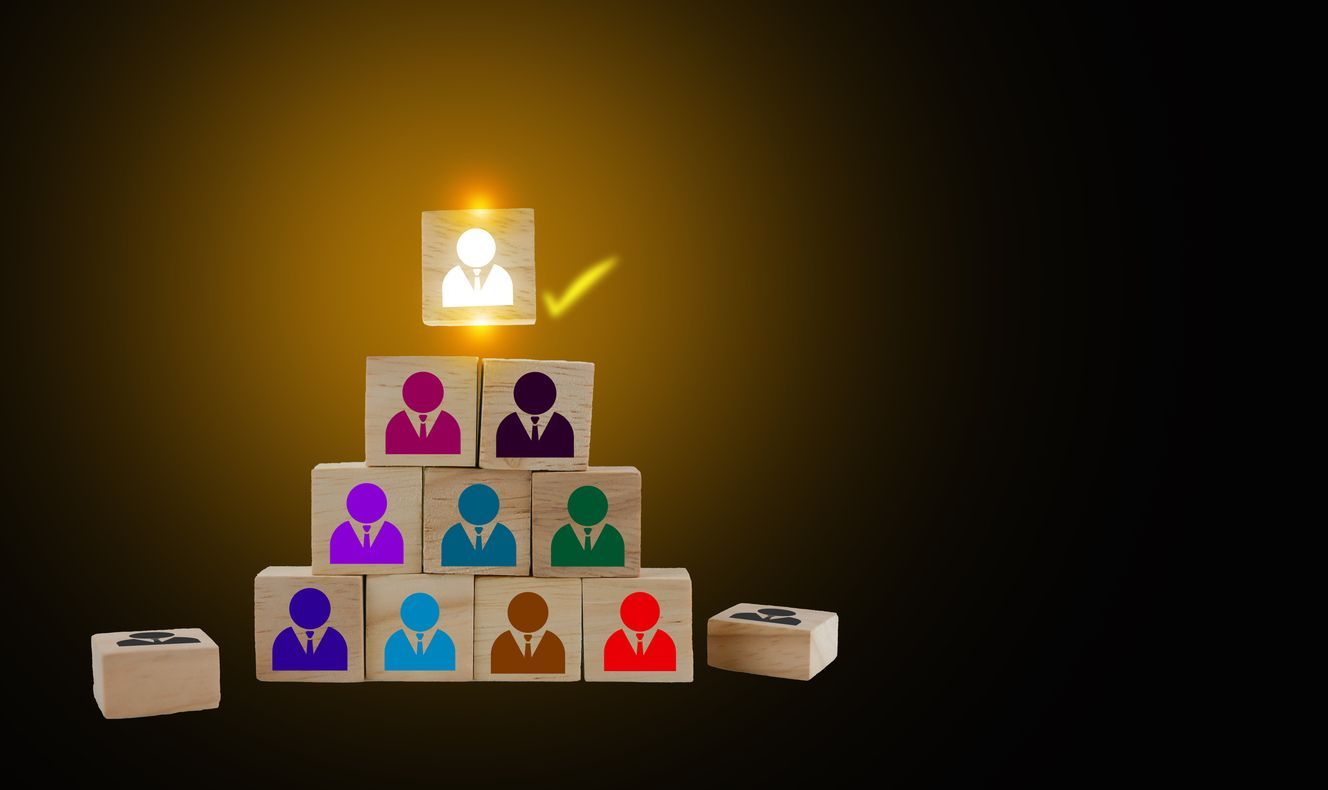
EXPLORE OUR SITE
All Rights Reserved | A. Solomon Recruits


